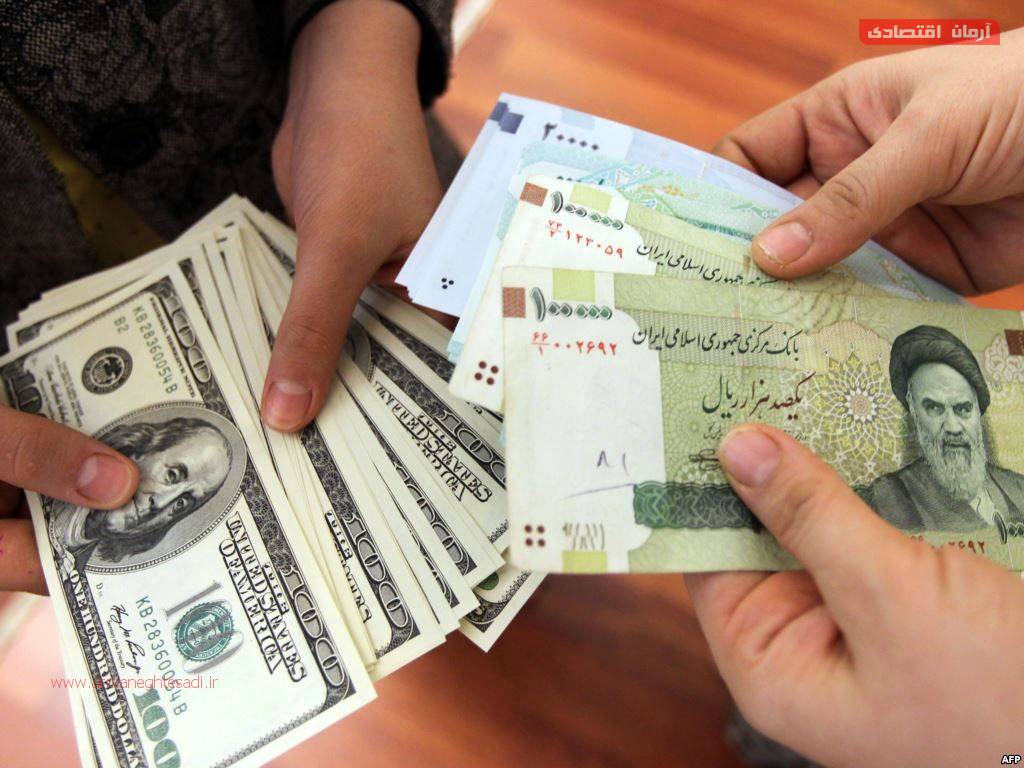
Three weeks ago the government implemented new policies in order to control the currency market. In simple terms, exporters can now sell their foreign currency to importers seeking to buy currency via the secondary market. In these conditions, exchange offices play the role of a market-maker, buying from exporters and selling to importers.
Still, everyday new bugs emerge with the new policies.
Exporters who have two months to sell their currencies in the secondary market complain of the ten-day delay by exchange offices in repaying their rial values. Prior to the new policies, exchange offices would be fined if they had a delay of more than 48 hours in paying the rial value to exporters.
Now however, exchange offices must sell the purchased currency to only one customer. After receiving the foreign currency, sometimes in excess of several million euros, exchange offices must find an importer to buy the whole sum and then pay the exporters. Exporters have received a two month deadline to sell their currencies, yet no deadline has been set for them being paid by exchange offices and this has led to confusion among exporters.
Moreover, the government has demanded importers who have received currency at a rate of 42000 rials per dollar and have failed to import goods, must pay the difference, nearly 64000 rials per dollar, in order to import their goods. These importers have filed complaints to the Administrative Justice Court, the results of which remain to be seen.



